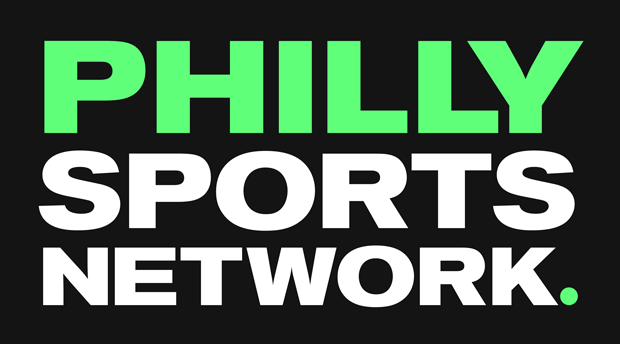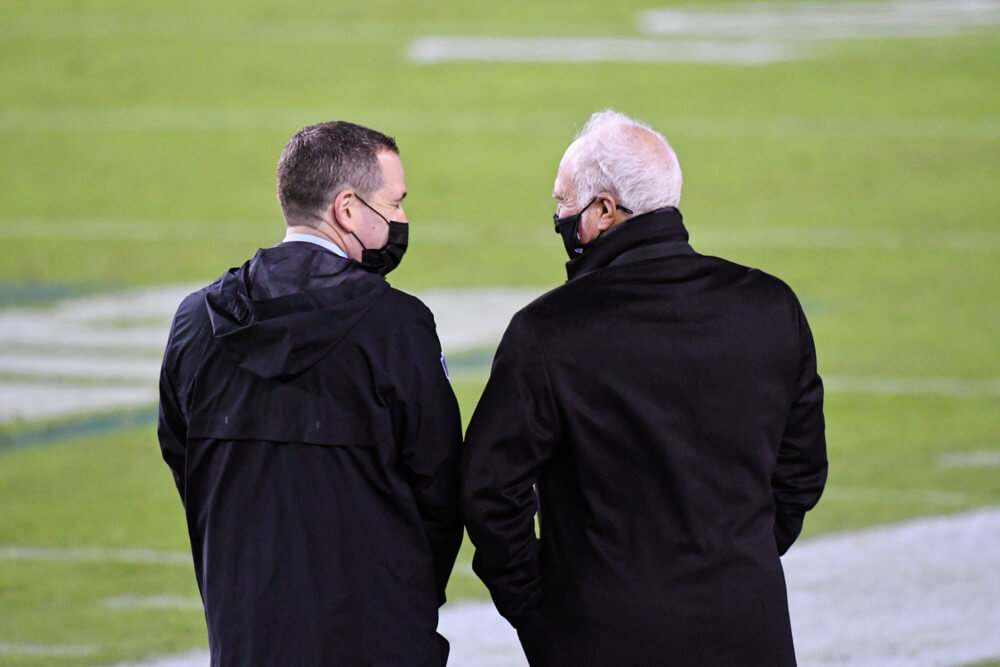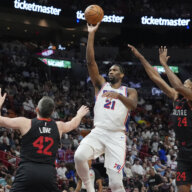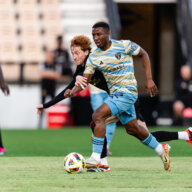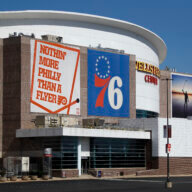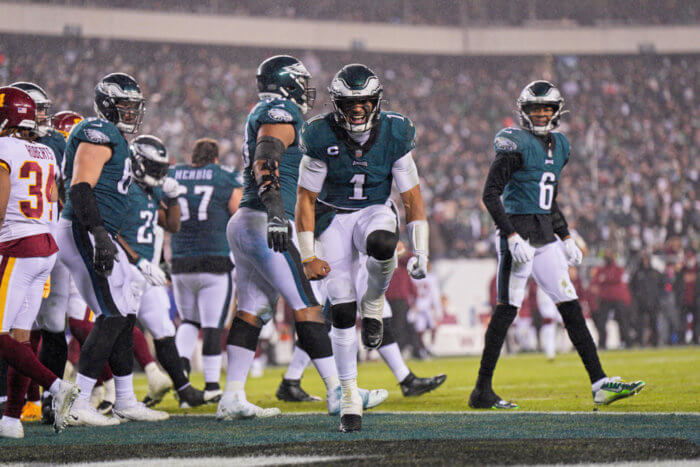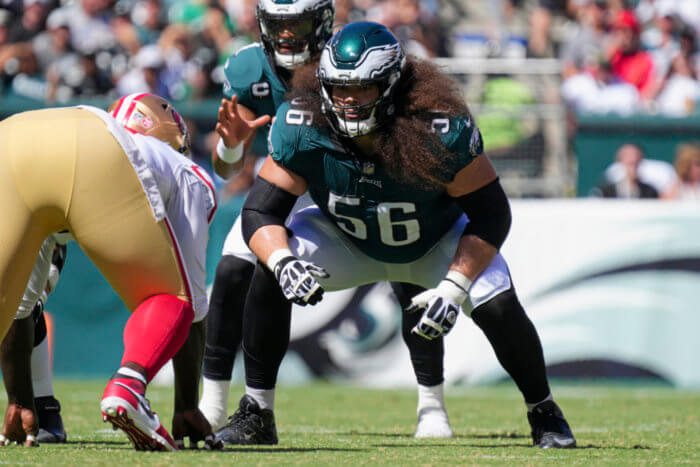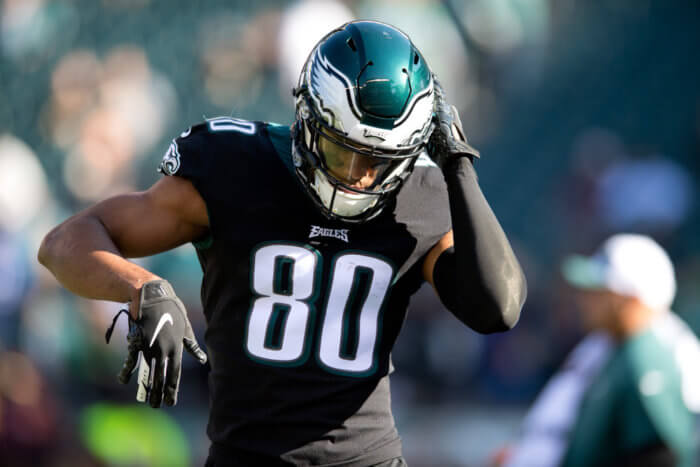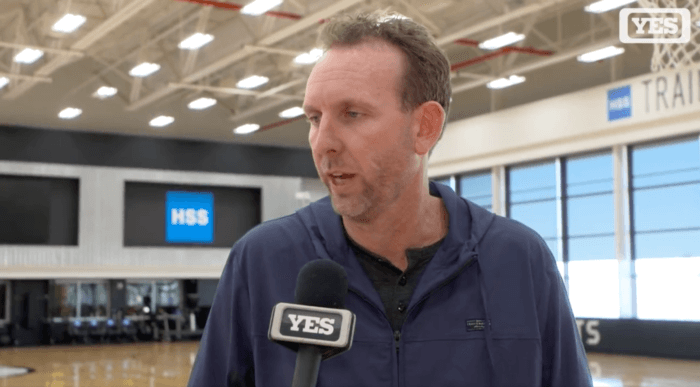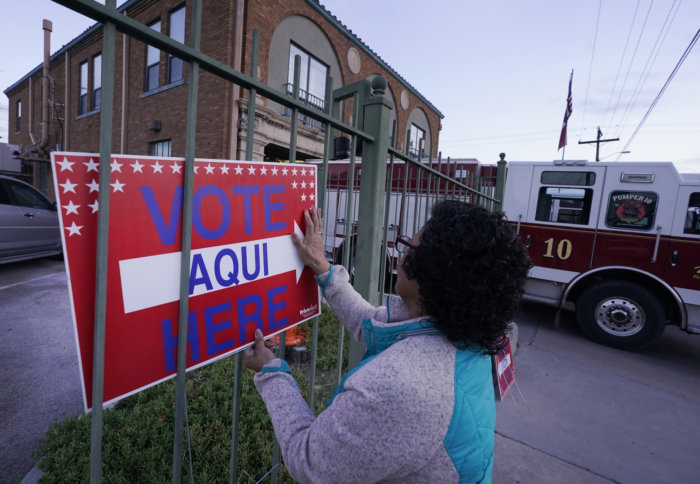The Philadelphia Eagles have reached the playoffs in three of the four seasons since their victory in Super Bowl LII after the 2017 season. However, their 31-33-1 record during the regular season paints a picture that falls short of Doug Pederson’s proclamation of the “new norm” on the steps of the Philadelphia Museum of Art in front of the masses of the city’s rabid fan base.
The organization deserves credit for remaining competitive under unideal circumstances and for initially setting high a standard where playoff appearances in three of four seasons could be considered a disappointment. Some NFL organizations dream of such a position.
How should the objective success of reaching the playoffs in three of four chances be perceived in the greater context of the organization?
Roseman’s Roster Construction
General manager Howie Roseman is as complicit as anybody in the failure to maintain success at the top of the NFL after Super Bowl LII. He has made several detrimental missteps in the draft, relied too heavily on Super Bowl heroes past their prime years, and struggled to replicate the success he had in free agency during the 2017 offseason.
The 2018 and 2019 seasons consisted of underwhelming rosters barely surviving in desperate circumstances through extensive injuries and mediocre performances to finish 9-7 and sneak into the playoffs. Pederson admirably faced adversity throughout both seasons and found ways to keep his team together and capitalize on fortunate opportunities to reach the postseason. Roseman found ways to plug holes in the roster with lesser-known players who stepped in for injured starters. However, they simply didn’t have enough to compete with the best teams in the NFL.
The bottom fell out in 2020. The shortcomings caught up to the Eagles and played a major part in the deterioration of the organization’s relationships with Pederson and Carson Wentz. Roseman himself created the need for a “transition period” in 2021, and the strategy limited the ceiling of a respectable season.
Exposing Weaknesses of the NFC East
The collective weaknesses of the NFC East have played a major part in Philadelphia’s ability to stay in the playoff hunt annually despite recurring inconsistency at the beginning of each of the past four seasons. The Dallas Cowboys have failed to meet high expectations due to underachieving talent. The Washington Commanders franchise has been marked by dysfunction off the field and (at best) mediocrity on it. The New York Giants have been abysmal.
The Eagles have feasted on weak teams in Washington and New York since 2018 with a combined record of 12-4. Despite the string of playoff appearances, their roster construction issues have shown against the potent Cowboys. They are 2-6 against their arch-rival since Super Bowl LII.
Colt McCoy, Mark Sanchez, Josh Johnson, Case Keenum, Dwayne Haskins, Taylor Heinicke, and Garrett Gilbert have all played significant snaps at quarterback for Washington in matchups against the Eagles since 2018. Starters Haskins and Alex Smith somehow swept their division rivals in two 2020 matchups.
The Eagles have suffered losses in division games against starters Daniel Jones and Andy Dalton while beating up on Jake Fromm, Mike Glennon, and Ben DiNucci. Their highest points of success down the stretch during the 2021 season came against similarly overmatched reserves.
The incompetence of competition is the not true mark of a winning team, and it can inflate the interpretation of regular-season performances. The middling regular-season performances have shown with a 1-3 record against stronger NFL competition in four playoff games.
The Defensive Value Over Average (DVOA) metric “compares a team’s performance to a league baseline based on situation in order to determine value over average.” Football Outsiders has ranked the Eagles 15th, 11th, 28th, and 15th in the comprehensive stat in the past four respective seasons.
Do the Eagles have good organizational culture?
When professional sports organizations outperform expectations of the talent on their rosters, analysts tend to credit the subjective idea of a “winning culture” to explain something they don’t know how to quantify. What does winning culture actually mean? Do the Eagles have a winning culture?
During the 2021 offseason, the Philadelphia Inquirer and The Athletic both published lengthy exposés that included unsettling facts about the deterioration of the organization’s relationships with Pederson and Wentz, lack of proper collaboration between departments in football operations, and questionable draft strategies, among other points of dysfunction.
The Eagles have unquestionably made severe missteps that fall below the standard of the “new norm” set in February 2018. However, certain elements of the organization have kept them afloat through hard times and allowed them to remain in the conversation as one of the most successful franchises in the NFL since Jeffrey Lurie bought the team in 1994.
Lurie confidently proclaimed, “We’re only as good as the people we surround ourselves with,” in January 2021 just weeks after a 4-11-1 season ended.
His track record of hiring head coaches justifies the confidence he has in his internal leadership. Andy Reid, Pederson, and Nick Sirianni were all lesser-known coaching candidates with experience as offensive assistant coaches who graded well in leadership skills and emotional intelligence. Sirianni hopes to replicate the success of two of the best head coaches in franchise history after taking great initial steps during his rookie season.
The long-time Eagles owner clearly learned his lesson after appointing too much power to former head coach Chip Kelly in 2015. He has reverted back to the formula that built a strong organization. His first hire, Ray Rhodes, also won the AP Coach of the Year in 1995 before his four-year stint ended poorly.
Roseman has seen success despite his shortcomings. He has consistently and confidently placed priorities on certain positions as a formula for success. He has found ways to win despite difficult circumstances, which is the defining characteristic of winning culture.
Fan Perception of Success
The relentless passion of Eagles fans can sometimes result in polarizing beliefs. Just ask around about the perception of Pederson, the only coach in franchise history ever to win a Lombardi Trophy, who is just as frequently remembered in Philadelphia for minor failures as he is for one of the most remarkable playoff runs in NFL history.
The perception of the Eagles as a failure since February 2018 is based on extremely high expectations that the team never met. However, falling short of that goal still landed them as one of only five NFC teams to earn a playoff berth in three of the past four seasons.
Mistakes in roster construction prevented the Eagles from establishing the “new norm” that Pederson spoke about. However, the transition point of 2021 is now in the past. The Eagles have their most talented roster since 2017, and they will look to move into a new era with higher expectations than patchwork playoff berths that never result in championship contention.
Photo by Andy Lewis/Icon Sportswire
